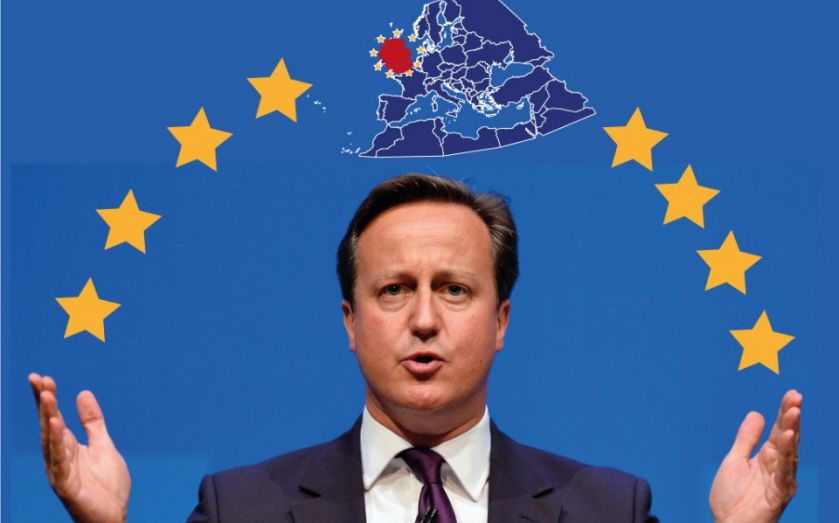EU referendum: Is the UK the most Eurosceptic country in Europe and where can David Cameron find support for reform?

The UK’s position in Europe is looking ever more tenuous, as the UK gears up for an EU referendum before the end of 2017. Greece is currently flirting with an exit and sentiment across the continent has been affected by the crisis, while the UK is famously divided on the issue. So is the UK the most Eurosceptic country in Europe?
One of the best ways to measure this is European elections: in May last year, countries across the EU voted their MEPs.
Once MEPs are elected they form part of wider European parties, which unite around different ideologies and agendas. Nigel Farage and 23 of the UK's 73 MEPs, for example, are members of Europe of Freedom and Direct Democracy (EFDD) a staunchly Eurosceptic, ideologically conservative party.
Meanwhile, David Cameron helped to start the European Conservatives and Reformists Group, which aims to reform the EU. It has 21 UK MEPs.
The main parties
Below is a chart showing the rough political positions of the European parties. The size of the bubbles represents the number of MEPs each party has (there's a full list of abbreviations at the end of the article).

Not all parties that aren’t labelled as Eurosceptic are pro-EU – some, such as ALDE (Alliance of Liberals & Democrats for Europe), contain elements that want reform or change. All would change some elements of the EU.
What David Cameron will be counting on, however, is like-minded MEPs. So which countries have the largest proportion of EFDD and ECR MEPs as a percentage of their delegation?
The UK comes out as the most Eurosceptic country, with 60.3 per cent of its MEPs belonging to either the ECR or EFDD. In second place is Poland, with 39.3 per cent. A full 10 countries have no MEPs in either party.
Click the hide button to tuck the visualisation away and continue reading.
[custom id="34"]
Opinion polling
As the General Election showed, pollsters can be way off with their predictions, but surveys add some interesting context.
According to a survey by Eurobarometer, a body that conducts surveys of EU countries, 30 per cent of UK respondents view the EU as positive – just two percentage points lower than the 32 per cent who viewed it as negative. That’s a pretty high negative score: only Greece (44 per cent), Cyprus (38 per cent), and Austria (36 per cent) had higher scores.
A recent survey by PEW research showed that 55 per cent of people wanted to stay in the EU.
| Party abbreviations |
|
ECR – European Conservatives & Reformists Group
EFDD – Europe of Freedom & Direct Democracy Group
S&D – Group of the Progressive Alliance of Socialists & Democrats in the European Parliament
GUE/NGL – Confederal Group of the European United Left
G/EFA – Group of the Greens/European Free Alliance
ALDE – Group of the Alliance of Liberals & Democrats for Europe
EPP – Group of the European People's Party (Christian Democrats)
NI – Non-Inscrits
|